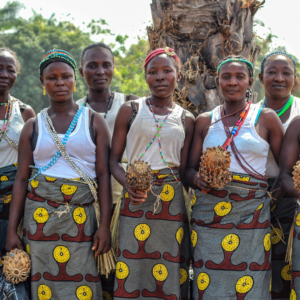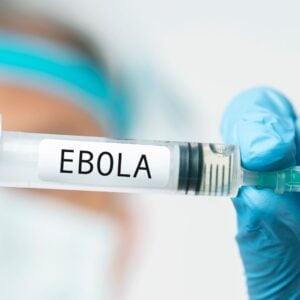A dzud, locally known as the ‘white death,’ is an extreme weather event in Mongolia characterized by a harsh winter following a summer drought. During these events, temperatures can drop below -30 degrees Celsius, and heavy snowfall blankets the country. While traditionally occurring every few years, climate change has increased their frequency, with some regions experiencing dzud annually. The disaster has severe consequences for rural populations who rely on livestock for food and income, as the loss of animals often threatens both livelihood and survival.
The winter of 2022-2023 was particularly devastating, with 90% of Mongolia covered in snow, marking the heaviest snowfall in nearly five decades. Millions of livestock perished due to extreme cold and malnutrition, as the preceding drought limited food cultivation. The hardest hit were herding communities, who depend on livestock sales for income. The heavy snow also restricted access to markets, causing food shortages and increased prices, putting many at risk of malnutrition. According to the World Health Organization, 5.9 million people were affected in 2023, with 9% of the country’s total herd lost. When the snow melted, widespread flooding followed, damaging infrastructure and grazing land while increasing the risk of food- and waterborne diseases in regions with limited sanitation. The dzud thus represents both a natural disaster and a broader social and economic crisis.
In response, various aid organizations and government bodies have been providing critical support. The World Health Organization and World Bank collaborated with Mongolia’s Ministry of Health to deliver aid to rural areas, deploying frontline health workers with medical and psychological support. The World Bank has also worked with the country’s meteorological and environmental monitoring agencies to develop a disaster risk financing strategy, using weather data to trigger early financial assistance for herding families.
The Mongolian Red Cross Society has played a key role in ongoing recovery efforts, helping herder households rebuild livelihoods and providing humanitarian and psychological support. These interventions demonstrate the importance of coordinated early action and social protection in mitigating the impact of dzud events.
Despite the challenges, ongoing efforts by organizations like the WHO, World Bank, and Mongolian Red Cross Society highlight the potential for early intervention, community support, and financial protection to reduce the human and economic toll of future dzud events, ensuring greater resilience for vulnerable populations.







